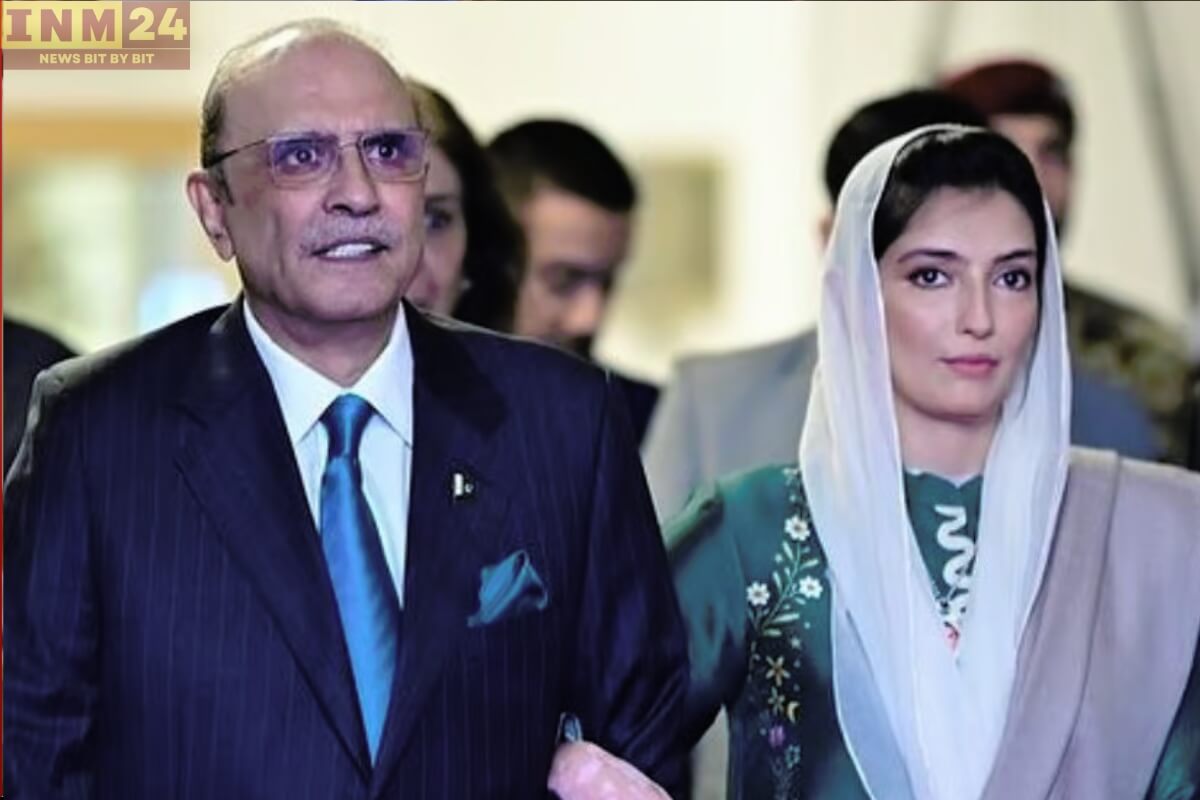In a significant development within the political landscape of Pakistan, it has been reported that Asifa Bhutto, the daughter of President Asif Zardari, is set to take on the role of Pakistan’s First Lady. This news has garnered attention both domestically and internationally, as it marks a notable shift in the country’s political dynamics and brings the Bhutto family back into the spotlight.
Continuing the Bhutto Legacy: Asifa Bhutto’s Historic Role as First Lady
Asifa Bhutto’s impending role as the First Lady of Pakistan carries with it a weight of historical significance. The Bhutto family has long been an influential force in Pakistani politics, with a legacy that dates back to the country’s founding. As the daughter of President Asif Zardari and the granddaughter of former Prime Minister Zulfikar Ali Bhutto, Asifa Bhutto represents the continuation of this political dynasty.
The announcement of Asifa Bhutto’s elevation to the position of First Lady comes at a time of political transition and change in Pakistan. With her father serving as the President of the country, her presence in the role of First Lady is expected to bring a renewed focus on social and humanitarian issues. Asifa Bhutto’s background in activism and advocacy suggests that she may play an active role in promoting causes related to women’s rights, education, and healthcare.
Moreover, Asifa Bhutto’s ascent to the position of First Lady symbolizes a departure from traditional notions of political power in Pakistan. Historically, the role of the First Lady has often been relegated to ceremonial duties and public appearances. However, with Asifa Bhutto’s background and credentials, there is anticipation that she may play a more substantive role in shaping policy and influencing decision-making at the highest levels of government.
Asifa Bhutto’s Role as First Lady Amidst Pakistan’s Political Landscape
As Pakistan continues to navigate complex geopolitical challenges and domestic issues, the role of the First Lady takes on added significance. Asifa Bhutto’s presence in this role is likely to attract attention and scrutiny, both within Pakistan and on the international stage. Her actions and statements will be closely watched as observers seek to discern the direction of Pakistani politics under the leadership of President Asif Zardari and his family.
It is important to note that while Asifa Bhutto’s impending role as Pakistan’s First Lady represents a continuation of the Bhutto family legacy, it also raises questions about the dynamics of power and influence within the country. As Pakistan prepares for this transition, the eyes of the world will be on Asifa Bhutto as she assumes her new role and navigates the complexities of political life in one of South Asia’s most significant nations.
